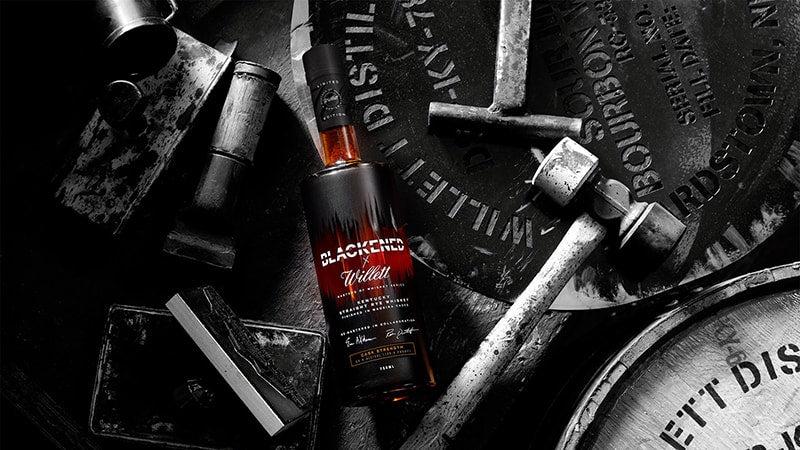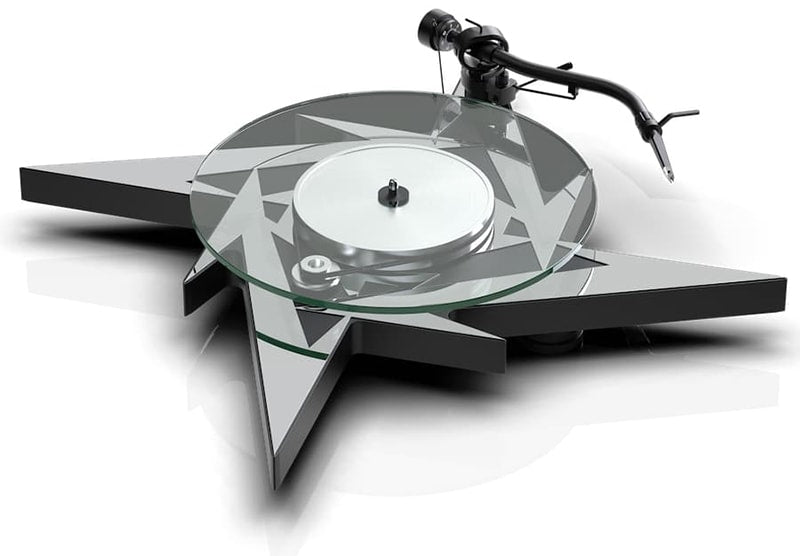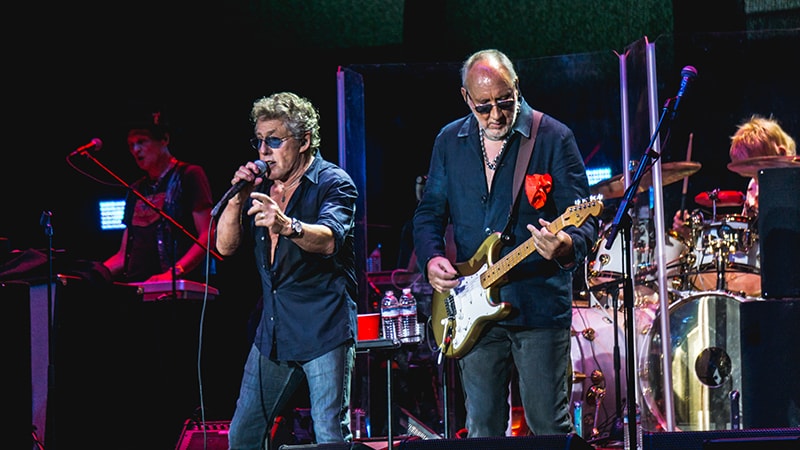For a while now, I have been thinking about how classic rock will look in its last stages. Artists are quickly aging, and surviving members of the great old bands like the Beatles, the Who, and the Rolling Stones have an average age of 78, yet many are still touring. Ringo Starr, my favorite mop top, is 82 and recently had to cancel shows due to COVID. It would be presumptuous to think that most rock stars can live off past royalties and wealth, given that a few divorces, failed investments, and tax liens can drain the bank account of even the wealthiest headliners.
Pete Townshend is going back out on the road this year with his Who bandmate Roger Daltrey. According to a PBS News Hour interview about older workers, Townshend says he doesn’t enjoy being a rock star but that’s his job, and he needs to work to support a grandson with health issues and a lifestyle that includes a racing sailboat. Recording, touring, and associated merch have been traditional ways to bring in fresh money, but some are taking a more brand-driven approach.
To reach some of us older fans, alcohol provides an easy entrée to a whole new market. Just name the hooch, and there’s probably a band-brand partnership. But as much as I love Motörhead and AC/DC, I have no interest in drinking their wine, beer, or spirits. I’ve been a wine and spirits professional for the last 20 years, so I am very picky about my beverages: the beer I drink is micro-brewed within a day’s drive of my current location, and my esoteric wine is made by farmers who cultivate organic grapes on European estates. Most spirits come from a handful of multinational conglomerates so I don’t sweat that too much. One of my favorite spirits is tequila, a very hot category lately that has attracted collaborations and partnerships with everyone from Dwayne “The Rock” Johnson to Toby Keith, Adam Levine, Justin Timberlake, Nick Jonas, and Sammy Hagar. Nevertheless, I avoid celebrity booze and stick to small artisanal brands whenever possible.
I understand the temptation. A successful product can make people extremely wealthy. If a musician can hit it big the same way George Clooney did with Casamigos tequila and sell it for a billion dollars to a multinational, they’ll never to have to play another dingy club again – after that, any sales of music and merch is just gravy. Nevertheless, there’s a lot of alcohol on the shelves and each bottle is vying for your eyes and dollars, so having a good gimmick or backstory is extremely important. Metallica has its BLACKENED American Whiskey, which is aged with the help of – seriously – BLACK NOISE sonic-enhancement, whereby innocent barrels of whisky are blasted with Metallica playlists through subwoofers. Generally, whisky sits in warehouses for a few years to interact slowly with the wood through winter and summer temperature fluctuations. Based on my industry experience, I assume that heavy vibrations help circulate liquid within the barrel, thus making more contact with the oak for quicker aging. Metallica guitarist and lead singer James Hetfield is also launching a line of cigars. Not to be outdone by his former bandmate, Dave Mustaine and Megadeth are hawking beer and wine as well as delving into the mysterious world of crypto and blockchain. If imposed with a terrible life-or-death choice to spend my last $20 on Megadeth products, I guess I would buy Mustaine’s beer. At least I could drown my sorrows instead of wondering what my $Mega currency would be worth later that week. If I ever lost my life savings to some crypto pump and dump scheme, I could use one of James Hetfield’s new cigars to set myself on fire.

Metallica BLACKENED x Willett whiskey. Courtesy of PR Newswire/BLACKENED American Whiskey. Photo by Michael Perisco.
Had anyone had told me in the 1980s what Metallica would be doing 40 years hence, I would have said, “no way, dude, they will never be like KISS!” It turns out they are. Metallica sells necklaces, figurines, and even a Pro-Ject turntable for $1,599 (it looks like a ninja star). KISS, who are undertaking yet another final tour, have a beer pong table for $275 if anyone needs it for their frat house. Aerosmith is selling jewelry; the Sin City ring is $2,700. Iron Maiden sells soccer gear and a range of Trooper beer as well as glassware. Iced Earth and Jon Schaffer, their guitarist and militiaman turned government witness, specialize in hot sauce. And I don’t dare venture to Ted Nugent’s website to see what he’s peddling. I doubt it’s still beef jerky.

Pro-Ject Metallica turntable. Courtesy of Pro-Ject.
Even as a former member of the drinks industry, I don’t hold liquor companies to any moral standards, but as a music fan, I can’t figure out if this is commerce as usual or sheer exploitation of the fans. Over the last decades, we’ve already paid for everything: music in multiple formats, tickets to shows, and official merch at those concerts. Lately, the cash grab has gotten obscene. Obviously, no one is forced to enter these rock and roll bazaars, but when did it become cool to sell coffee mugs and toys? Artists should be able to control and profit from their merchandise, and I can understand signature instruments, amps, and other gear. What I worry about is when celebrities try to sell their brands unbeknownst to us. Not everyone knows that Sean “Puffy” Combs is co-owner of Ciroc vodka, and that he and any brand ambassador must disclose that fact whenever there is product placement. However, the young target audience scrolling on Instagram is likely unaware that their favorite personality is a paid influencer and not just a superfan of Ciroc.
Are these the last sad gasps of a once great, youthful, rebellious, artistic, and working-class tradition of rock and roll? If Jimi Hendrix were alive, would he be selling CBD oil and THC gummies at his shows? Would Duane Allman be heading up a national chain of barbecue joints? Perhaps if the money was good, they would. The Rolling Stones’ 50th Anniversary Suntory whisky fetched nearly $78,000 per bottle. Someone was willing to pay – all 150 bottles were sold. Ticket prices and VIP meet and greet experiences are often astronomical and out of reach for so many fans, but I can afford to join the Megadeth Cyber Army for $69.99, which buys me an annual membership with discounts on more merch, and exclusive access to pre-sale information. That might be another nail in rock and roll’s coffin, forcing fans to buy subscriptions and pay fees just for minor contact with the band. Or will my era of rock finally be canceled altogether by the younger generation?
Metallica has reached teenagers as a type of retro-novelty act through the TV show Stranger Things, but kids are a little different these days, slightly humorless about certain things, a little judgy, easily offended, and very ready to take swift social media action no matter the context. The craggy rock stars are cute like cuddly old grandpas, until child TikTokers reinterpret lyrics and musical zeitgeist, or learn how groupies earned their backstage passes. Stranger Things fans were ready to cancel Metallica just for being a raw young metal band at one point in history. For the sake of Daltrey and Townshend, I hope TikTokers never find out that the Who had an amazing yet crazy drummer named Keith Moon who ran around dressed like Marilyn Monroe, an Anglican nun, or field marshal Erwin Rommel.
By the way, if anyone wants to get on the ground floor of a great investment opportunity, Rick Nielsen of Cheap Trick might still be selling shares of ROCK’N Vodka starting at $300. Invest $25,000 and you get a virtual meeting with Rick and his team, but $50,000 gets you two nights at the Hard Rock Hollywood, food and drinks, and an invite to an exclusive launch party (airfare not included). After whiskey, vodka is the next most popular spirit in the US, so maybe Metallica and Rick are onto something.
Breaking News: Jonathan Davis of Korn has announced a line of horror- and rock-themed pet products called Freak on a Leash, launching on October 28th 2022.
Header image courtesy of Wikimedia Commons/Raph_PH.



